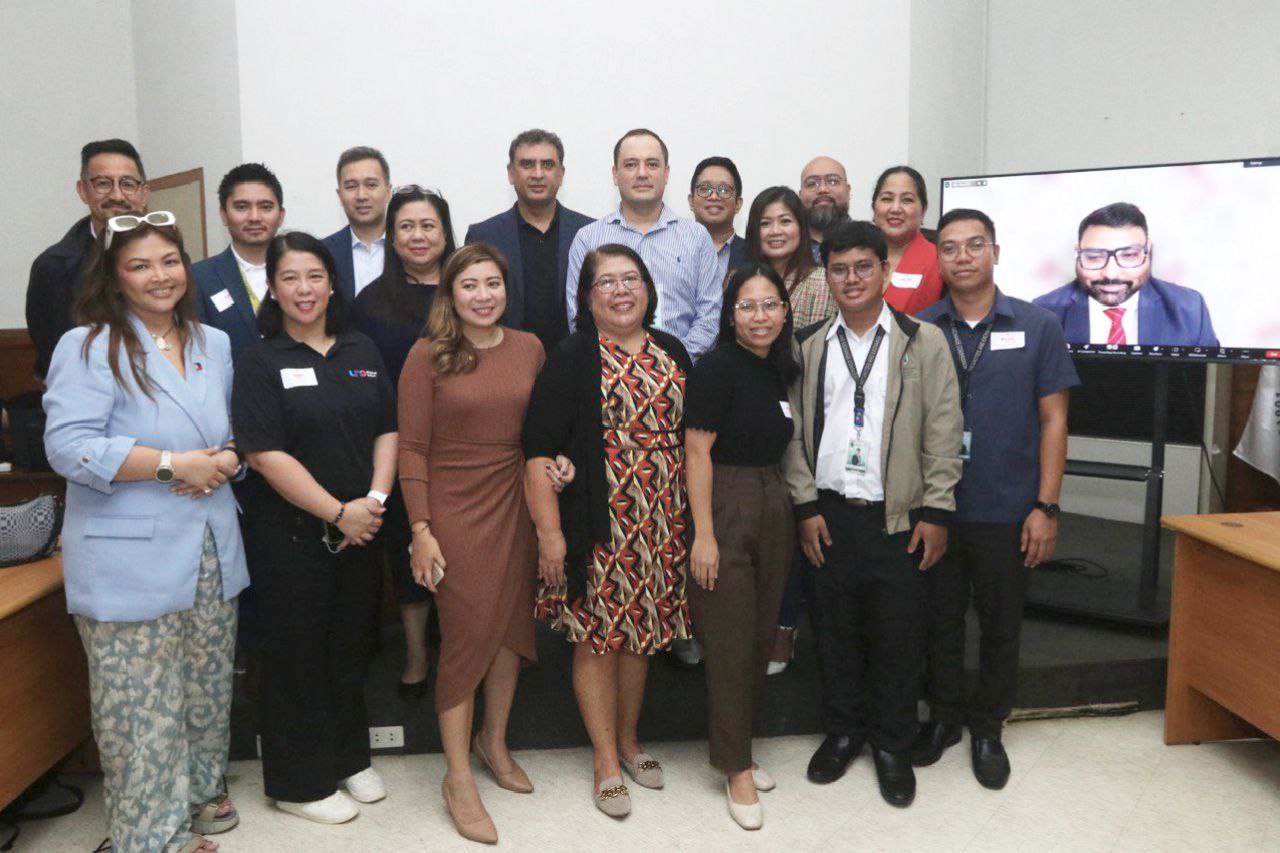DICT, Digital Pilipinas push for intensified cybersecurity efforts for consumer protection
By MB Technews
The Department of Information and Communications Technology (DICT) and the DICT Cybersecurity Bureau finally hit their stride during the ongoing Cybersecurity Month 2023. They concluded their latest weekly event centered on two key pillars of the digital revolution: digital transformation through cybersecurity and the future of fintech with digital lending.

The digital lending landscape is undergoing a rapid transformation, driven by the rapid advancement of fintech, the rising prominence of online transactions, and the increasing influence of Small and Medium Enterprises (SMEs). It is currently predicted to reach a staggering market cap of almost 350 billion USD by the end of 2023.
Meanwhile, the Southeast Asian smart cities market is expected to reach $236.7 billion by 2030, and there is a growing need to protect and secure them - along with other critical industries including energy, insurance, health, and logistics.
The above topics and more were key to discussions that happened in the recently wrapped up DICT-led gathering that featured keynote speeches and panel talks from some of the most important figures in the digital banking, cybersecurity, credit and financing, and insurance industries.
Dr. Thelma D. Villamorel, PECE Division Chief - Critical Infostructure Evaluation and Cybersecurity Standards Monitoring Division, DICT Cybersecurity Bureau, opened the event to underscore the importance of cybersecurity as the backbone for all digitalization progress moving forward.
"Our event today is dedicated to exploring the vital role of cybersecurity in safeguarding these sectors, which are the lifeblood of our modern society," said Villamorel. "We will delve into the evolving landscape of cybersecurity, innovative solutions, and best practices that protect our digital infrastructure, ensure our data privacy, and foster trust in the digital era."
According to Manish Bhai, Founder & CEO of UNO Digital Bank, there is plenty of room for growth and improvement in the current Philippine fintech and digital lending landscape. "Financial inclusion is absolutely critical to the growth of a country, its economy, and its investment sectors," he said. "While there has been good progress on financial inclusion in the last few years, it remains one of the biggest challenges in the Philippines."
Bhai recognized the role of incumbent financial institutions, as well as government regulators, have played thus far in improving the overall situation of the sector. "When the Bangko Sentral ng Pilipinas issued regulations on setting up digital banks, it pushed more people into the banking system," Bhai stated.
Small and Medium Enterprises (SMEs) are already a regular fixture in the Philippine economy. The further development of technology that will help them, such as data-driven credit scoring systems, customer data platforms, and intelligent automation, among many others, is critical to success.
Aian Guanzon, Head of Business Development, Global Dominion Financing, reiterated this point. "Current financial technology accelerates transactions, eliminates inefficiencies, and lowers interest rates for consumers and costs for finance companies," Guanzon said. "It is important that loan applications are accessible, fast, efficient, and have low interest rates. Technology can help to achieve all of these goals."
Jatinder Handoo, the CEO of the Digital Lenders Association of India, also chimed in with some added perspective for government officials. "Industry associations and government policies guide the implementation of cybersecurity and cyber protection in India, such as how to protect and use data for specific purposes, with strict penalties for perpetrators," said Handoo. "Different frameworks for different types of entities, such as banks, exist to ensure cybersecurity and cyber resilience."
It should be noted that technology alone won't solve all of the industry's problems. As Ivan Dianga, Director of Sales at Collabera, states, it's important to understand not just the importance but the actual real-world impact of cyber threats and cybersecurity prevention to real world operations.
"As ICT leaders, we need to understand first the significance of cybersecurity. There are 2,200 cyberattacks per day across the globe this year. The predicted global loss for a cyberattack is 8 trillion U.S. dollars," said Dianga. "These numbers only show that attacks are consistent and the need for our persistence to preserve our systems is much needed."
Noel Tordesillas, Head of E-channel at Etiqa, agrees. "To reduce the risk of cyberthreats and cyberattacks, organizations should provide comprehensive and ongoing cybersecurity training to all employees, especially during onboarding," he said. "This training should teach employees about the latest cyber threats and best practices for protecting themselves and the organization."
The future of cybersecurity and digital lending looks bright; however, government regulations and other critical industry players still need to pay close attention. Mary Ruth Oquendo, VP/General Manager of Quick Loans Online, said, "Digital transformation is a must for all industries, not just financial services. The market is evolving, and people are demanding faster and more efficient services."